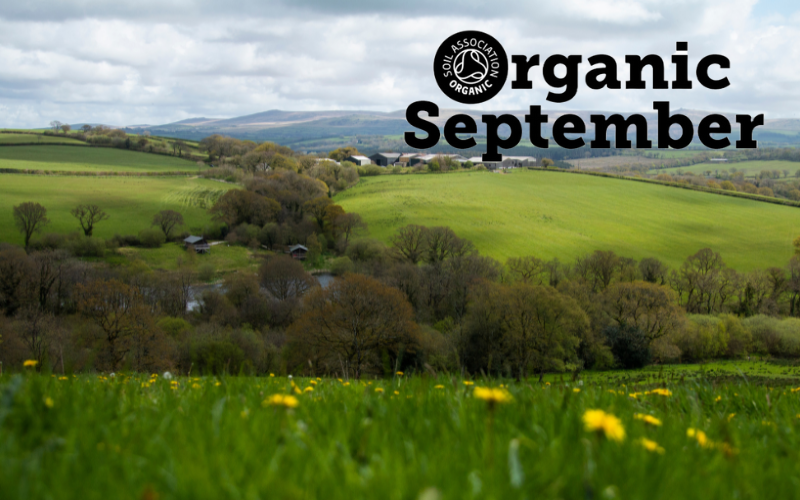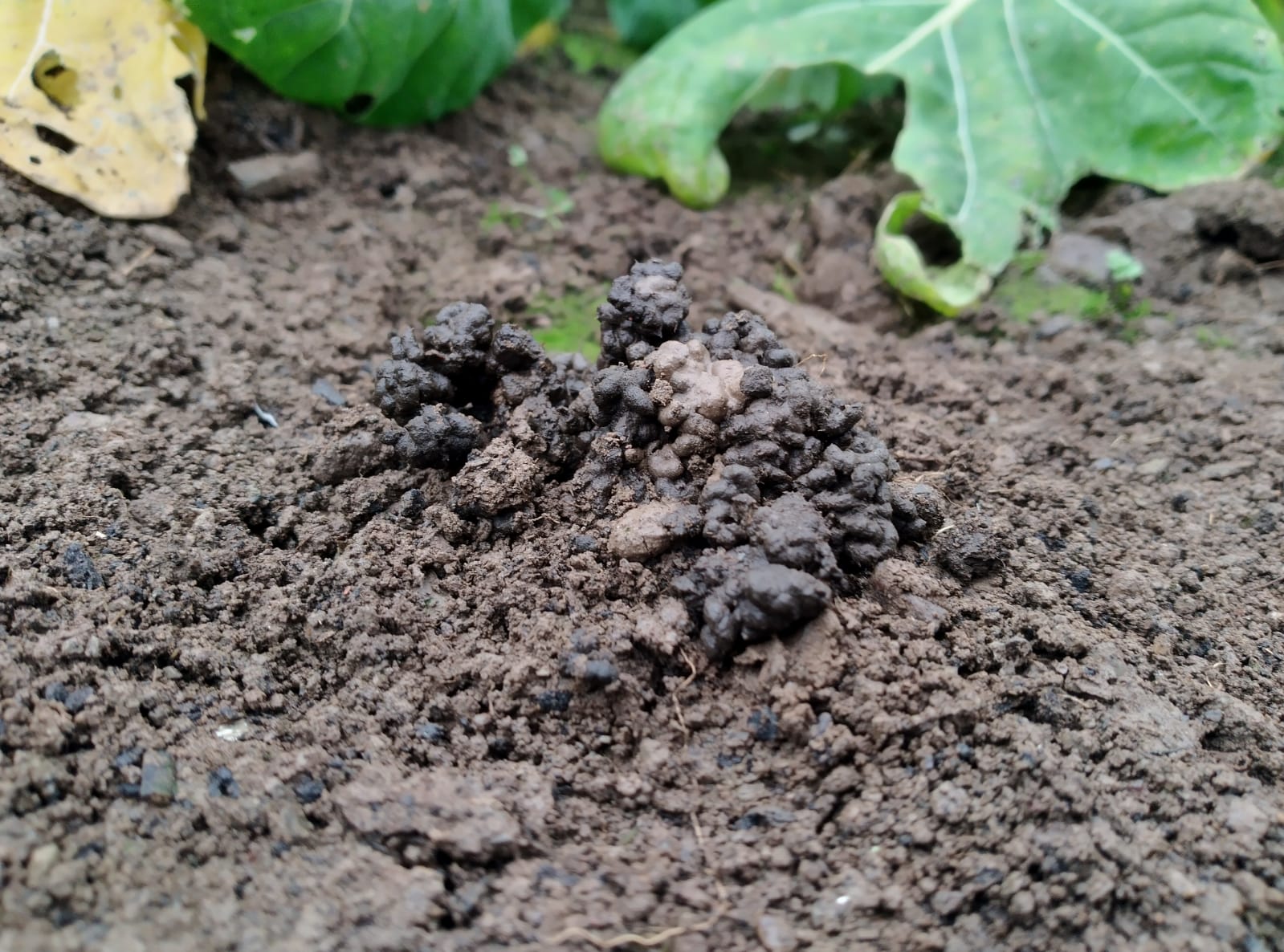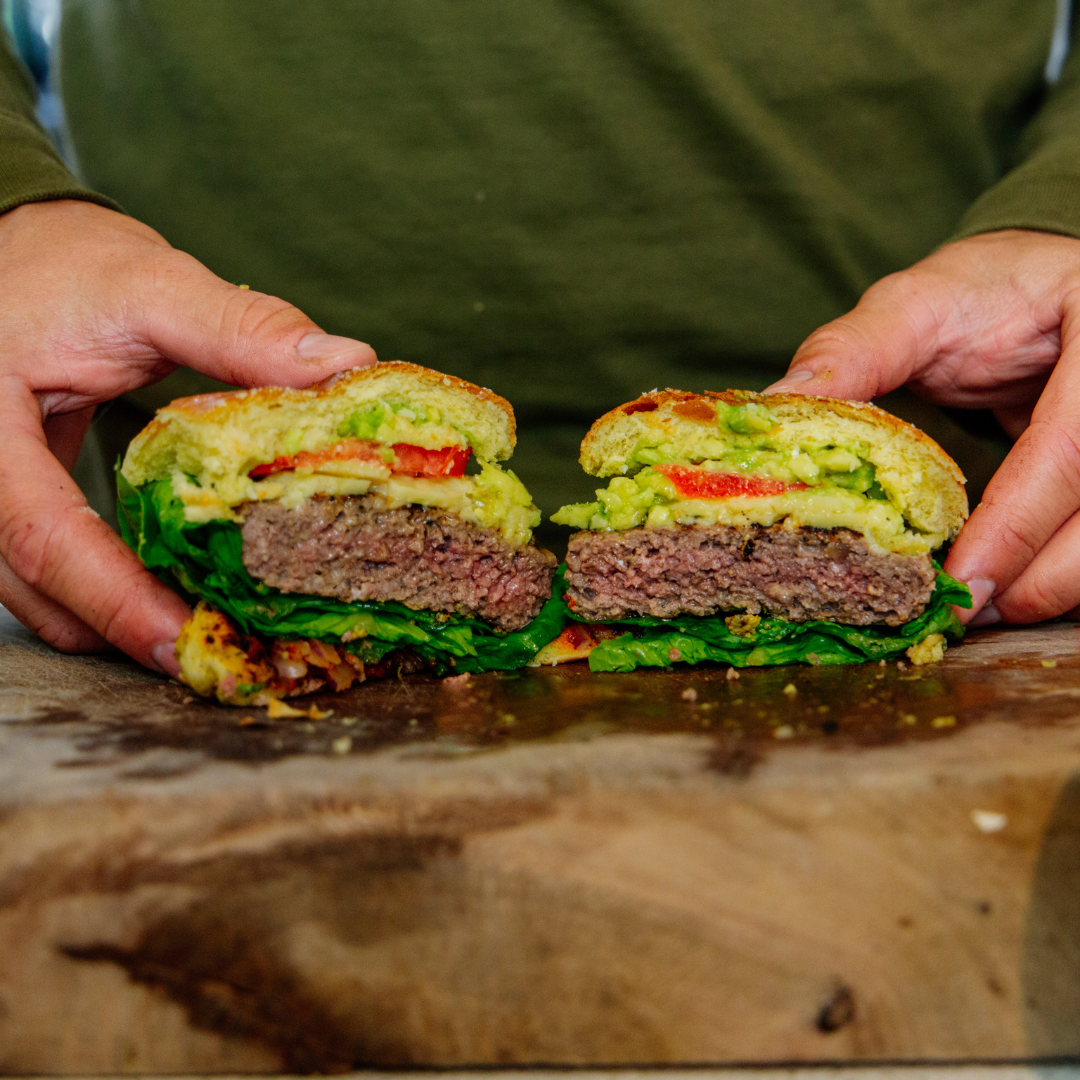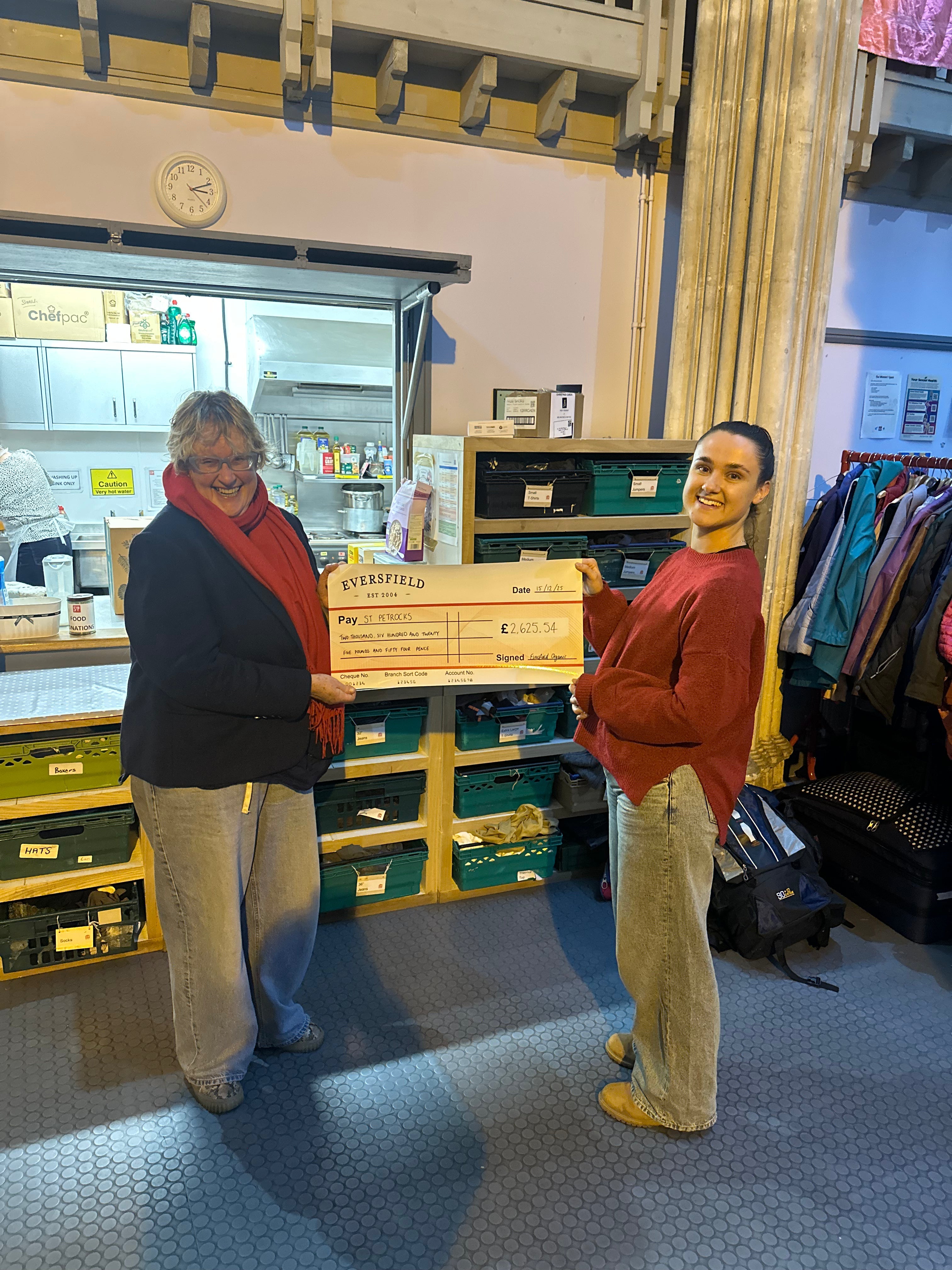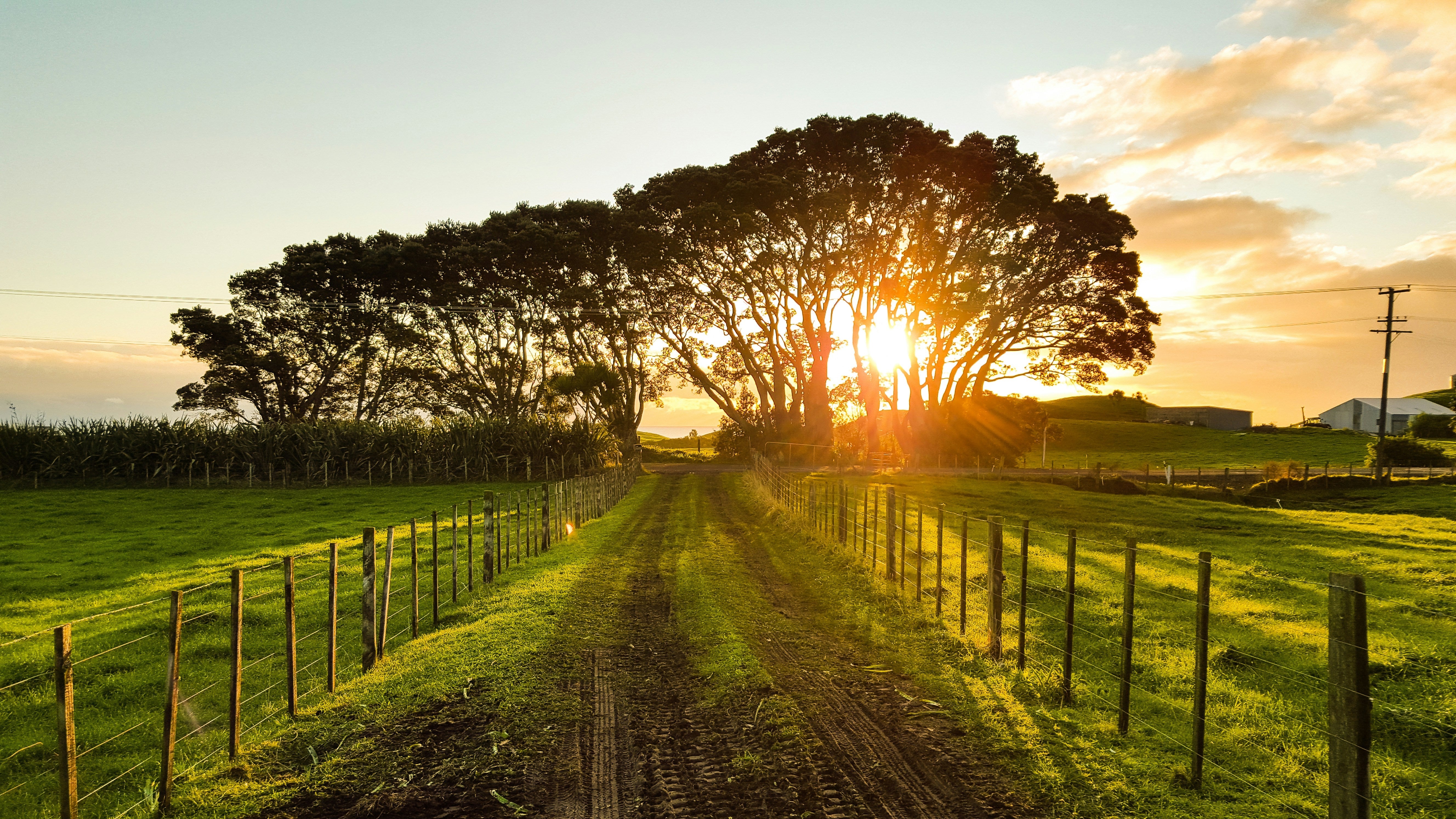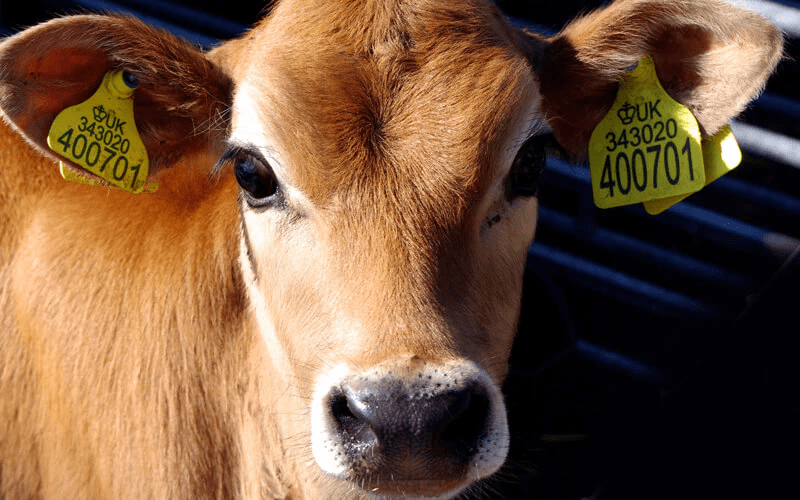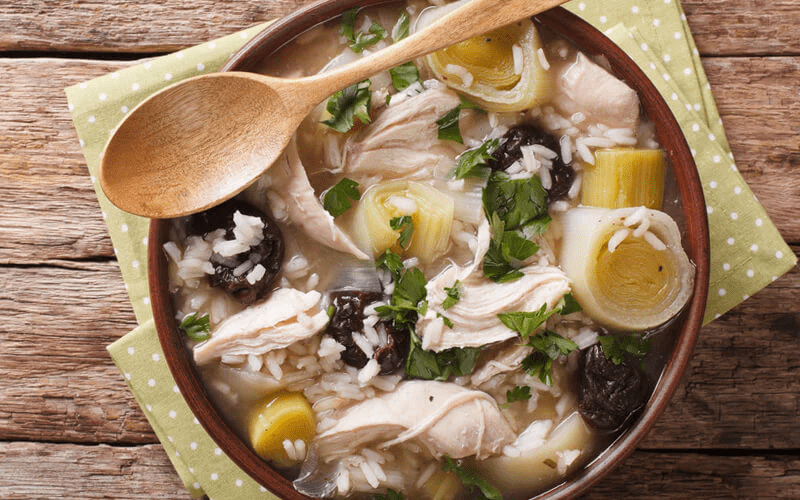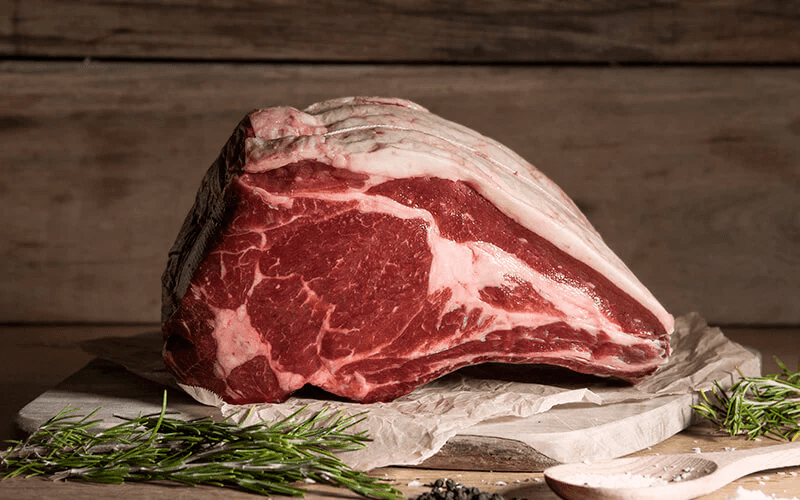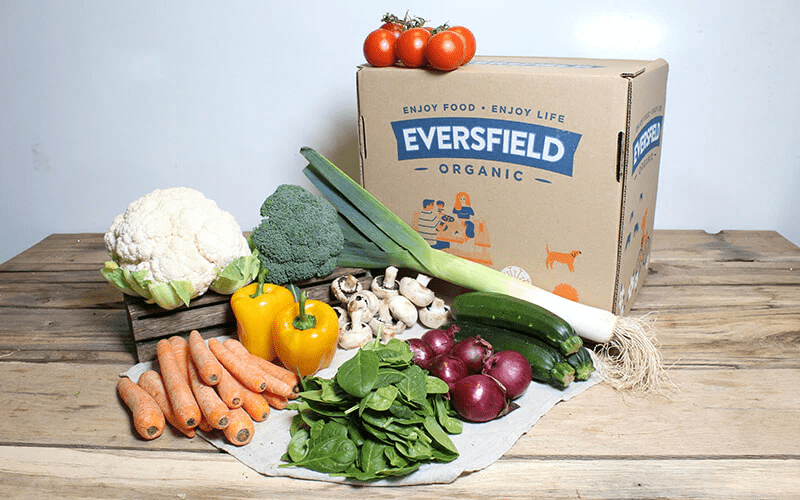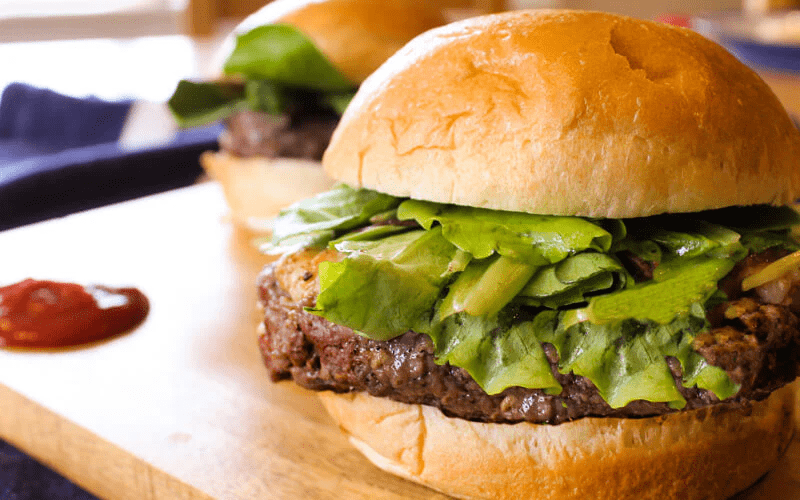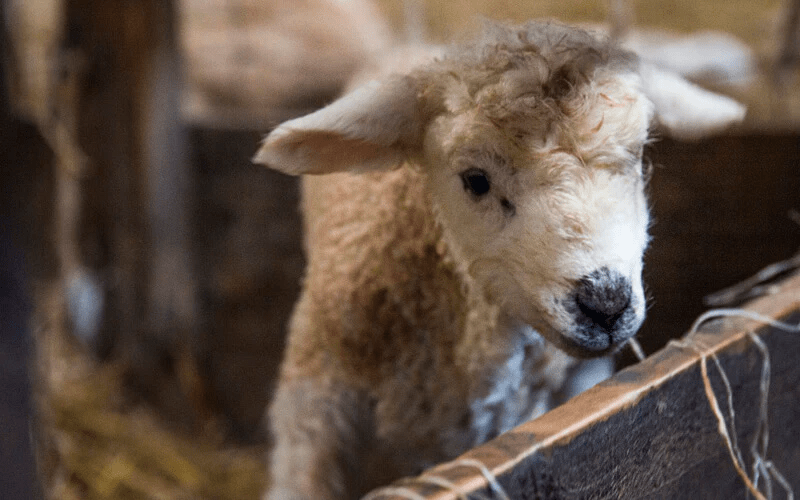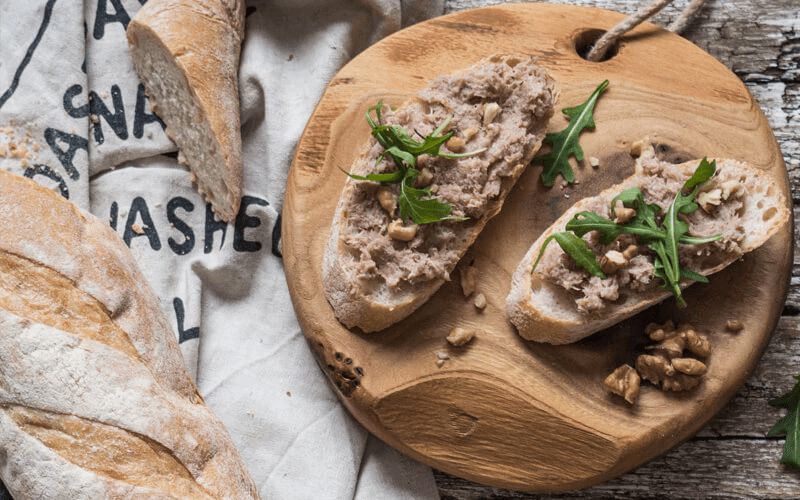Organic September: 50 years of Organic Certification
Organic September has begun and this year the Soil Association is celebrating 50 years of organic certification. To start this month long celebration of organic, today we're exploring the history of The Soil Association and organic certification.
Who are the Soil Association?
The Soil Association are the UK’s largest organic charity and certification body. A founder of the global organic movement, they are responsible for creating a set of guidelines which uphold the highest standards for organic food and farming.
Campaigning for agricultural change, the Soil Association works to promote better alternatives to intensive farming, to move forward towards a future where nature and farming can thrive symbiotically. Through petitioning, delivering evidence to government and encouraging farmers and organisations to adopt their policies, the Soil Association supports positive changes to protect the health of communities, animals, and the environment for the future.
This year marks the 50 years since the Soil Association’s certification was created. We are proud to be certified organic by the Soil Association, maintaining their standards in everything we do, to provide you with the finest quality, healthy and sustainable food.

Image: We are proud to be certified organic by the Soil Association
The History of Organic Certification
Humble Beginnings
Whilst a prominent national charity today, the Soil Association has humble beginnings much like us.
Starting out back in 1946 on a single farm, the organisation was founded Lady Eve Balfour and a group of likeminded people who became concerned with the implications of increasingly intensive farming methods following the food insecurity of World War 2. Seeing the impact of intensive methods on soil health, the quality of food being produced, the welfare of animals and the countryside environment, they decided something needed to be done to protect these things.
In order to establish the difference between farming organically and intensively, an experiment was conducted by Lady Eve and her supporters called the Haughley Experiment. In this the farm was divided up into three sections: one farmed intensively, one traditionally and one organically. At its completion, the experiment found that organic farming practices had no impact yield, yet improved soil health, biodiversity, and crop resilience.
These findings helped pave the way for the founding of the Soil Association and the wider acceptance organic farming movement, proving that farms and nature could coexist and even benefit from each other when managed in harmony.
The Launch of the Soil Association Certification
It has been 50 years since the Soil Association Certification launched their organic certification in 1973. This was prompted due to demand for proof that food labelled organic was true to that definition, of the highest quality and produced with integrity.

The standards set by the Soil Association for a product to be certified as organic are internationally recognised and strict to guarantee the highest levels of animal welfare, environmental and wildlife protection. These standards embody the Soil Association’s organic principles of ecology, fairness, care and health.
Today the Soil Association logo is widely recognised as much more than just a trademark, providing people across the UK the reassurance that their food has been produced to the highest standards of animal welfare, using methods which have as little negative environmental impact as possible, farming sustainability for the future. Trusted by farmers and food producers alike, the Soil Association Certification can be seen on 70% of organic food in the UK.
What does Organic Certification mean for your food?
Food which is certified organic by the Soil Association has to legally comply with standards and regulations which cover every aspect of food production, from farming to manufacturing, storing and selling. The certification process is thorough and requires numerous inspections and audits to ensure farms and businesses are upholding standards. You can read the organic standards for Great Britain here.
By choosing food and which holds the Soil Association certification, you are ensuring that the organic meat and other produce on your plate is as sustainable as possible, produced with the highest levels of animal welfare, causing minimal environmental impact.
The use of pesticides, fertilisers and antibiotics are also heavily policed by organic regulations, meaning that organic food comes as nature intended, minimising the effects of these artificial additions on our health.
All in all, the Soil Association certification means you are investing into food you can trust and an agricultural and production system which supports sustainability, encouraging nature and farming to thrive alongside each other, promoting a better future for our planet and better food for you.
Our Soil Association Certification
We have been certified by the Soil Association since 2004, which means next year will be our 20th organic anniversary!
This came after 2 years of hard work by our founder and Managing Director Mark Bury and the team to restore what was intensively farmed land to its former glory, planting over 30,000 trees, reinstating miles of hedgerows and transforming it to a paradise of biodiversity.

Image: Mark and family on the Eversfield Organic farm.
We work hard to ensure all our premises meet organic standards, guaranteeing you the finest quality organic produce delivered to your door, sold in our shops or served at our restaurants.
You can read more about our organic story here.


